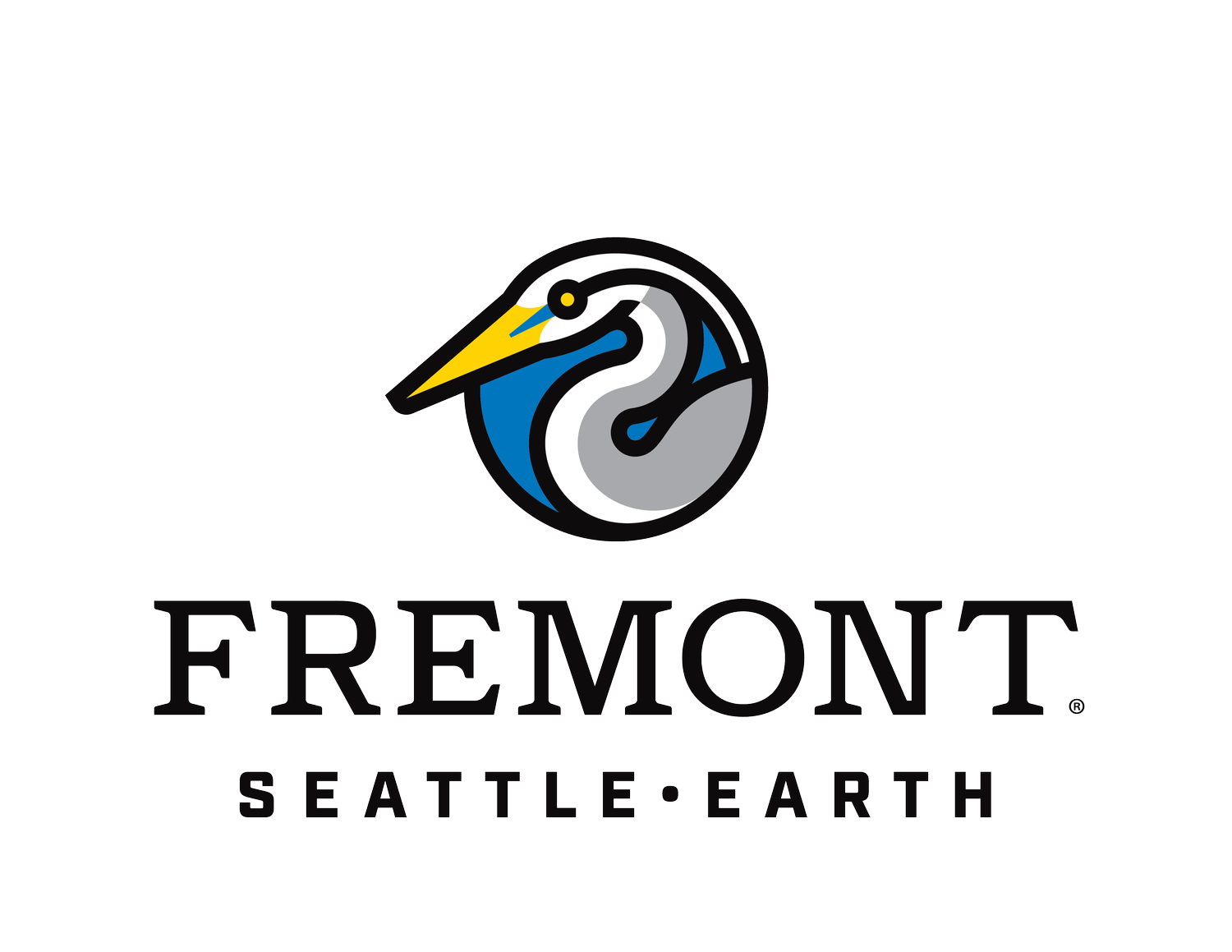I finally had some excellent real organic beers that were brewed with organic hops; I didn't get that luxury last year.... Hmmmm.... Too much to talk about there!
Ok, here's my whining....the recent ruling allowing non-organic hops in "Organic" labeled beers/ales/etc...because of the 5% ruling by the US FDA.
Not cool.
So, do I confuse you when I show up with (2) five gallon jugs of water, a couple packages of yeast (organic?), (3) one gallon ziplocks of dried malted barley extract(surely organic), and (2) one gallon ziplocks of hops(?) and ask why the two ziplocks of hops are 5% of this "organic product"?? I assume the ruling must be by weight because it's 2 bags of hops versus 3 bags of malt and the little foil pouches of yeast can't count for much....and nobody can claim water is organic.
But...
I'd say look into the amount of chemicals and type of chemicals used to produce the hops...the hops you all may brew with---if they are not organic. You may get an education you didn't really want.
Another way of looking at this is simple. Imidacloprid is a common chemical used in the growing of hops. It inhibits aphids and more and is a long-life systemic pesticide. It is used commonly and sold under many commercial names for more agricultural purposes than just the growing of hops.
Per the FDA, the maximum Imidacloprid that is allowed on the outside of an eggshell is a concentration level of (.02)ppm.
The maximum residue level of Imidacloprid on hops is (3.0)ppm.
I don't eat eggshells.
I put hops in my beer.
150 times more Imidacloprid in the hops I drink vs. the eggshell I throw away!!
5% ruling???
What??!!??!!
Does anybody care? Did anybody notice this math flounder?
Ok, here's my whining....the recent ruling allowing non-organic hops in "Organic" labeled beers/ales/etc...because of the 5% ruling by the US FDA.
Not cool.

So, do I confuse you when I show up with (2) five gallon jugs of water, a couple packages of yeast (organic?), (3) one gallon ziplocks of dried malted barley extract(surely organic), and (2) one gallon ziplocks of hops(?) and ask why the two ziplocks of hops are 5% of this "organic product"?? I assume the ruling must be by weight because it's 2 bags of hops versus 3 bags of malt and the little foil pouches of yeast can't count for much....and nobody can claim water is organic.
But...
I'd say look into the amount of chemicals and type of chemicals used to produce the hops...the hops you all may brew with---if they are not organic. You may get an education you didn't really want.
Another way of looking at this is simple. Imidacloprid is a common chemical used in the growing of hops. It inhibits aphids and more and is a long-life systemic pesticide. It is used commonly and sold under many commercial names for more agricultural purposes than just the growing of hops.
Per the FDA, the maximum Imidacloprid that is allowed on the outside of an eggshell is a concentration level of (.02)ppm.
The maximum residue level of Imidacloprid on hops is (3.0)ppm.
I don't eat eggshells.
I put hops in my beer.
150 times more Imidacloprid in the hops I drink vs. the eggshell I throw away!!

5% ruling???
What??!!??!!

Does anybody care? Did anybody notice this math flounder?





Comment